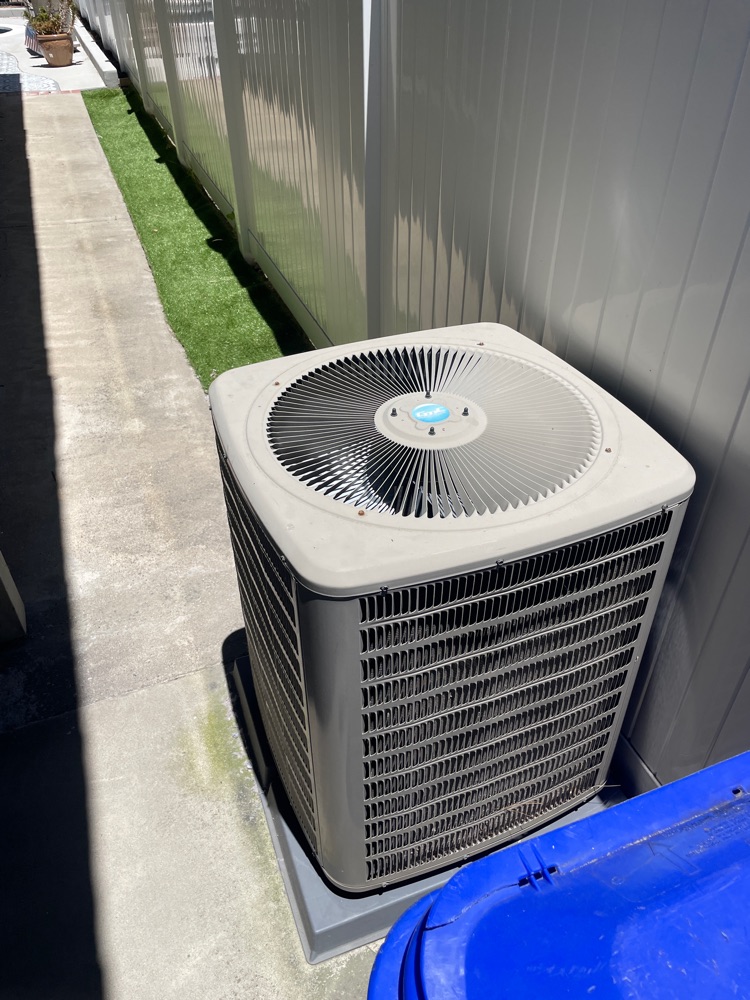Any improper or abnormal functioning of your GE dishwasher requires a thorough check. It is hard to say for sure which part has been defective without a professional diagnostic, still, there are top cases common to many dishwashers. Failure to start the wash cycle may indicate a power failure, which prevents your dishwasher from operating at all. Check your home's electrical service panel for a blown fuse or tripped breaker and address these issues as necessary. If your washer doesn't fill with water, open the valve on the connected water supply. Before moving on to more complicated troubleshooting procedures, ensure that the washer's door is closed securely and that your unit's child lock-out feature -- common on GE electric dishwashers -- is turned off. If the washer's lights and sounds work but the wash cycle will not start, reset the appliance by pressing the “Start” button twice in a row. The washer will drain and reset in a period of about 90 seconds. The heating element itself might be malfunctioning. Although the heating element is generally a very reliable component of a dishwasher, it can burn out or suffer from an electrical/wiring fault. If you have a multimeter you can measure the resistance of your heating element which should read somewhere between 15 and 30 ohms. A reading above 30 means the element is faulty and will need to be replaced. If the resistance reading is OK then check the wiring and control board for damage. A replacement heating element isn’t massively expensive, and if you’re comfortable getting your hands dirty then it’s fairly simple to replace the part with a basic toolset. Don’t hesitate to contact our customer support for additional information.

November 26, 2023
AC is leaking from the coil – HVAC Troubleshooting in San Diego
Have you encountered a leaking air conditioner? This causes not the most pleasant feelings and deprives you of comfort. Before solving this problem, you should determine what exactly became the source of the air conditioner flow.


















